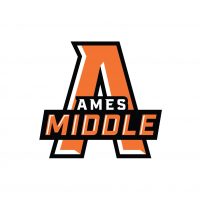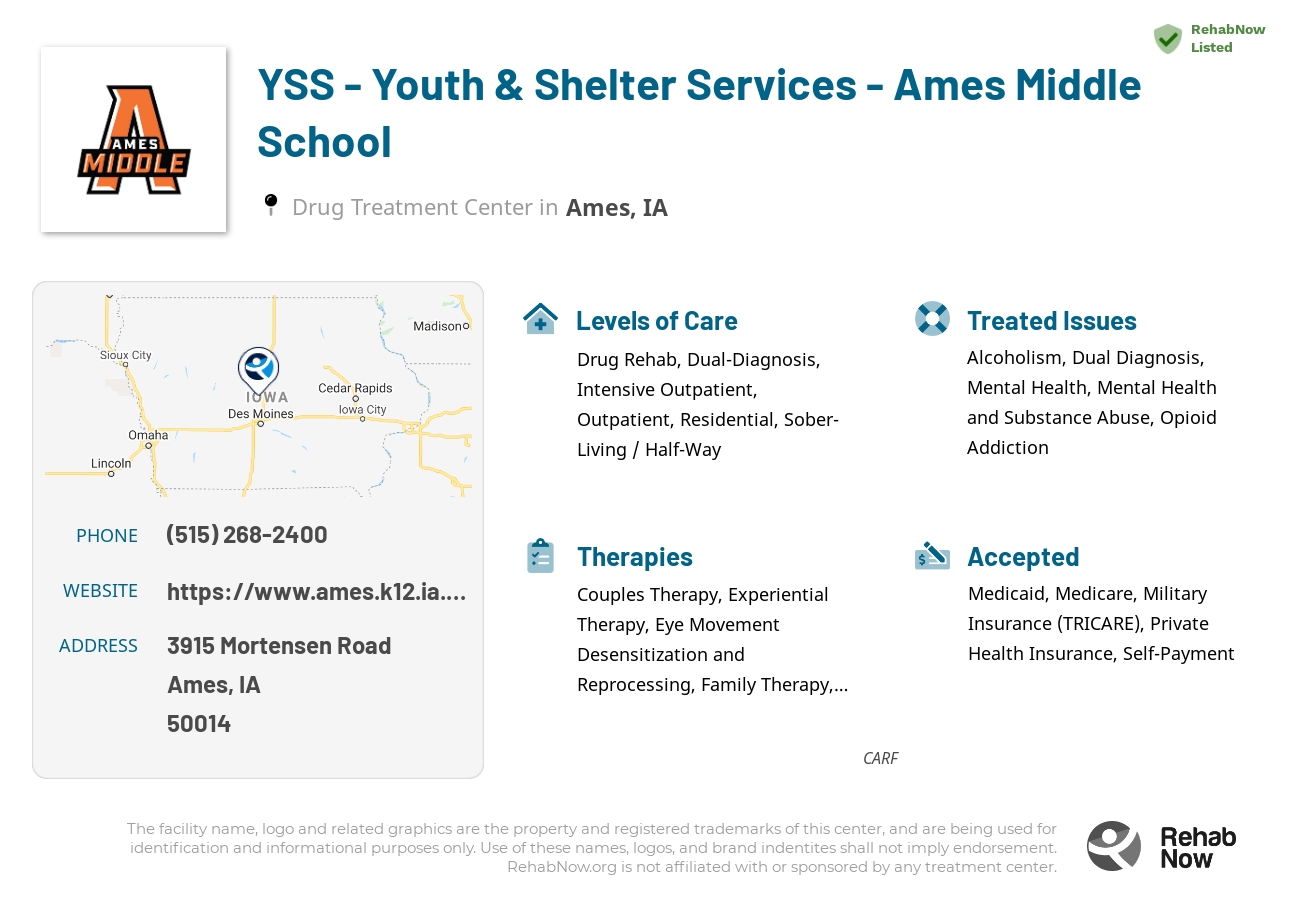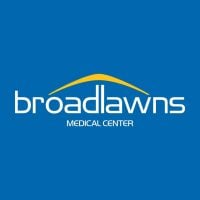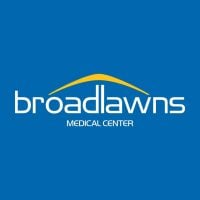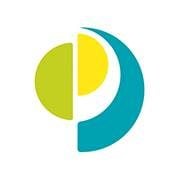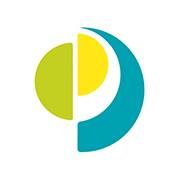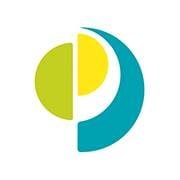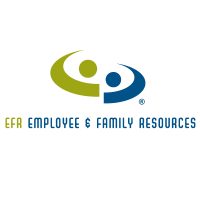YSS - Youth & Shelter Services - Ames Middle School
Drug Rehab Center in Ames, Iowa
YSS - Youth & Shelter Services - Ames Middle School is a fully accredited addiction and substance abuse treatment facility in Ames, Iowa, offering comprehensive recovery and support services, including counseling, therapy, and case management, to individuals and families, with a focus on harm reduction and long-term recovery.
About YSS - Youth & Shelter Services - Ames Middle School in Iowa
YSS - Youth & Shelter Services - Ames Middle School is an addiction and substance abuse treatment facility located in Ames, Iowa, providing comprehensive recovery and support services for individuals and families. This facility is dedicated to providing compassionate, evidence-based programs for individuals, couples, and families dealing with addiction and substance abuse. They offer a range of services including individual counseling, family counseling, group therapy services, relapse prevention, and case management support.
YSS - Youth & Shelter Services - Ames Middle School works to help those struggling with substance abuse and addiction to identify and address the underlying contributing factors. Their counselors use a harm reduction approach to help individuals and families begin their recovery journey. This approach helps to reduce the harm associated with substance abuse, and provides a foundation for long-term recovery and healing. Additionally, this facility also offers specialty services such as substance abuse education, life skills training, and family coaching.
YSS - Youth & Shelter Services - Ames Middle School has been fully accredited by The Joint Commission since 2009, and is licensed by the State of Iowa. They have been nationally recognized with awards such as the National Association of Addiction Treatment Providers' (NAATP) Practice Excellence Award, and the Iowa Commission on Alcohol and Drug Abuse’s Best Practices Award. Additionally, this facility also offers free community resources to individuals and families in need, such as support groups and educational programs.
Genders
Ages
Modality
Additional
Accreditations

CARF
The Commission on Accreditation of Rehabilitation Facilities (CARF) is a non-profit organization that specifically accredits rehab organizations. Founded in 1966, CARF's, mission is to help service providers like rehab facilities maintain high standards of care.
Conditions and Issues Treated
Many people who struggle with opioid addiction need to attend specific programs like methadone , Suboxone or Vivitrol clinics.
These types of programs will provide the patient with legal, prescription medications that can help them overcome their cravings for illegal opioids like heroin or fentanyl . If the patient has a chronic condition like Hepatitis C, they must undergo treatment before they can begin taking these medications.
Dual Diagnosis is a specific relationship between two or more disorders that have the same symptoms and can sometimes be treated together. This is used in the treatment planning process when dealing with drug addicts. Dual diagnosis can be viewed as a chronic medical condition that has comorbid psychiatric disorders.
Although addiction and a mental illness may have separate symptoms that are not easy to detect, they often go hand in hand. Many times, drug abuse is a direct result of the mental illness. In other words, treating the addiction will not resolve all of your issues. Unless you also treat the underlying mental illness, you will not be successful in achieving sobriety.
Levels of Care Offered
This center offers a variety of custom treatment tailored to individual recovery. Currently available are Drug Rehab, Dual-Diagnosis, Intensive Outpatient, Outpatient, Residential, Sober-Living / Half-Way, with additional therapies available as listed below.
An intensive outpatient program is usually the first phase of addiction treatment. It provides relief for those who are addicted, but are not ready to commit to an inpatient setting. Typically, the patient lives at home and is able to work or go to school. IOPs consist of a daily 3 to 5-hour program, and there is a required number of hours per week. Most patients go to IOP between 20 and 40 hours per week. The patient attends group counseling and individual therapy throughout the duration of treatment. They also meet daily with their therapist to discuss how it’s going and where they are in the recovery process.
The goal here is to teach patients healthy coping skills, such as stress management and identifying thoughts and behaviors that lead to relapse. The implementation of these skills will be useful as the individual transitions into the next phases of treatment.
An outpatient treatment program is set up to help with alcohol or drug addiction, or a co-occurring disorder. The patient must attend the Iowa facility for their therapy and other programs but are able to return home each night. The frequency of mandatory attendance decreases after much of YSS - Youth & Shelter Services - Ames Middle School‘s program is complete.
Sober Living Homes are an option for those who have completed a treatment program within the past several months. However, it isn’t advisable to use this as a permanent living arrangement because it can lead to a relapse .
The goal of a sober living home is to provide a supportive environment for recovering addicts so they don’t need to return to their previous lifestyles. The homes will not accept residents who are still using drugs or alcohol, and those living in the house must follow a set of rules dictating how they should behave to avoid relapsing.
Residential treatment programs are those that offer housing and meals in addition to substance abuse treatment. Rehab facilities that offer residential treatment allow patients to focus solely on recovery, in an environment totally separate from their lives. Some rehab centers specialize in short-term residential treatment (a few days to a week or two), while others solely provide treatment on a long-term basis (several weeks to months). Some offer both, and tailor treatment to the patient’s individual requirements.
Therapies & Programs
Individual Therapy is a critical component of addiction recovery. Therapists work with patients to identify the root of their addiction and figure out how to better handle the issues that led to them using drugs. Individual Therapy is the one-on-one session where people meet with their therapist. Individual therapy provides a safe space for people to open up and discuss personal and sensitive topics which they may not feel comfortable discussing in a group setting.
Couples therapy at YSS - Youth & Shelter Services - Ames Middle School focuses on addiction treatment for the addict and their spouse. The addict’s family, not just the addict, can benefit from this form of therapy. Couples therapy addresses communication problems, trust issues, lack of intimacy, and abuse in intimate relationships. Couples therapy can help rebuild trust between partners, which increases the chances for successful treatment and sustained recovery.
Intimate relationships can be damaged during addiction, and professional help may be necessary to rebuild the often destroyed trust and love. Couples therapy at YSS - Youth & Shelter Services - Ames Middle School helps couples improve communication and rebuild trust. Either or both partners will be helped by this treatment administered by professionals. This treatment can also help one or both partners if addiction is the problem.
Family therapy will also help families realize that the addiction is not their fault. For many years, people blamed themselves for an addict’s behavior and felt that they had done something wrong. This is not the case. Addiction is a disease, and it can strike anyone, even if their life seems fine from the outside. It can bring a lot of shame to a family when they have an addict in their midst, but if everyone is open and honest with each other, then they can help everyone stay in recovery.
Group Therapy is utilized by drug treatment centers like YSS - Youth & Shelter Services - Ames Middle School to provide the recovering drug addict with a platform to talk about their feelings and experiences. It also provides for an opportunity to learn from other addicts who have successfully overcome their addiction.
Group Therapy is employed in lectures, seminars, or discussion groups (the latter two are typically conducted as “therapy groups”). It is recommended that all group members be recovering addicts for this type of therapy to work (though it does not exclude others with lived experience).
Trauma therapy is a clinical process that helps individuals deal with mental stress often caused by traumatic events. It is generally done for children, teenage victims of sexual assault, and war veterans. The therapist helps the person identify, understand and work through the problem. This is done with the help of talking about it in group or one-on-one counseling sessions. Therapists use relaxation, role-playing, art, and music to help the person open up about what is bothering them.
Cognitive behavioral therapy is also a popular service for individuals living with addiction. This type of supportive treatment uses both one-on-one counseling and group sessions to teach addicts how to identify thoughts, behaviors and emotions that might increase their risk of relapse.
These professionals can help addicts develop coping skills for managing stress, improving self-esteem and overcoming triggers. They might also use behavioral therapy to help addicts learn how to avoid cravings and warning signs that could lead them back into addiction.
Therapy can be used as a step-down from inpatient treatment or as the primary method of overcoming an addiction. No matter which option is best for the addict, they will teach important emotional coping techniques, which can make it easier for addicts to get through the tough days.
Eye Movement Desensitization and Reprocessing (EMDR) is a treatment that helps people recovering from drug abuse. EMDR has been proven to be more effective than traditional treatments for treating patients with addiction; it tackles the root of the problem. The rapid eye movements during EMDR sessions reduce the patient’s negative feelings related to past trauma, promoting calmness and relaxation. This, in turn, reduces the chances of relapse at a later stage.
Training in improved life skills helps those recovering from addiction feel more capable of self-care. YSS - Youth & Shelter Services - Ames Middle School are daily skills that give the person the tools they need to survive.
The therapy covers practical activities like cooking, job hunting, social interaction, and money management, helping to fill in the knowledge gaps caused by addiction.
These life skills help the person self-manage their recovery and stay on track. It also reduces relapse risk as they gain confidence in their day-to-day abilities.
Patient Experience
Experiential Therapy at YSS - Youth & Shelter Services - Ames Middle School
Experiential therapy is another form of treatment that helps addicts overcome their addiction. This type of service typically involves hands-on activities with the focus on physical experiences instead of emotions or beliefs.
Some examples include art therapy, equine therapy and music therapy. Each of these forms of experiential therapy can provide unique ways for addicts to channel their feelings and work through their demons. This type of therapy also allows addicts to develop meaningful emotional connections with others, which can prevent them from resorting to relapse as a coping mechanism.
Payment Options Accepted
For specific insurance or payment methods please contact us.
Is your insurance accepted?
Ask an expert, call (888) 674-0062
Ames Middle School Associated Centers
Discover treatment facilities under the same provider.
No items foundLearn More About Ames Middle School Centers
Additional Details
Specifics, location, and helpful extra information.
Ames, Iowa 50014 Phone Number(515) 268-2400 Meta DetailsUpdated November 25, 2023
Staff Verified
YSS - Youth & Shelter Services - Ames Middle School Patient Reviews
There are no reviews yet. Be the first one to write one.
Ames, Iowa Addiction Information
Iowa ranks 2nd lowest in the nation for illicit drug use, but 12% of its residents are still using these drugs every single year. Methamphetamines account for more than 90% of all drug-related prison admissions in Iowa. Alcohol is the most widely abused substance in the state, with 23% of residents admitting to heavy drinking.
According to the National Institute on Drug Abuse, in 2012, 5.1% of Ames residents reported using illicit drugs. Additionally, 9.5% of Ames residents reported binge drinking. The most common drugs involved in overdose deaths were opioids (heroin and prescription pain relievers), followed by cocaine and methamphetamine. The treatment process can vary depending on the person's needs and situation. Therapy can help you learn how to cope with cravings and triggers.
Treatment in Nearby Cities
- Humboldt, IA (56.3 mi.)
- Sioux Center, IA (147.4 mi.)
- Sioux City, IA (143.9 mi.)
- Denison, IA (86.7 mi.)
- Harlan, IA (88.8 mi.)
Centers near YSS - Youth & Shelter Services - Ames Middle School
The facility name, logo and brand are the property and registered trademarks of YSS - Youth & Shelter Services - Ames Middle School, and are being used for identification and informational purposes only. Use of these names, logos and brands shall not imply endorsement. RehabNow.org is not affiliated with or sponsored by YSS - Youth & Shelter Services - Ames Middle School.
